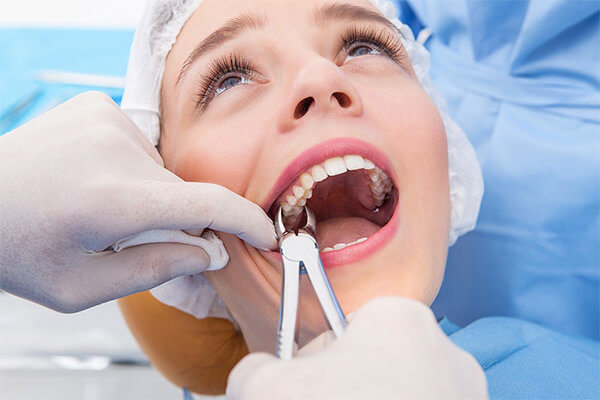Tooth extraction is one of the common dental procedures, but unfortunately, not everyone has ever been looking forward to it. Getting a tooth pulled is not a joyride but methods are necessary to ensure the health of your entire teeth. For individuals in Montville, NJ, knowing when you need a tooth extraction can empower your dental choices. We will talk about when a tooth extraction could be necessary, the symptoms to look out for, and what you can expect during the procedure as advised by a general dentist in Montville, NJ.
Reasons for Tooth Extraction
1. Severe Tooth Decay
The most common reason for teeth extraction is due to severe decay. If a cavity is not treated, it can extend into the deeper layers of the tooth and eventually reach the pulp where there are nerves and blood vessels. At this stage of infection, a root canal can be performed to save the tooth. But in case the infection is too large to be magnified or if the tooth condition is so bad that cannot survive any longer, extraction remains the top only way out from saving other surrounding teeth and gums.
2. Impacted Wisdom Teeth
Wisdom teeth or third molars, appear later in life and often do not have enough space. Wisdom teeth that are partially or fully impacted beneath the gum line can result in pain, infection, and damage to nearby teeth. The impacted wisdom teeth usually show little-to-no signs of infection or inflammation until symptoms develop, sometimes with the associated pathology too.
3. Gum Disease
Advanced gum disease (periodontitis) can destroy the tissues and bone structures that support your teeth. If periodontitis is not treated in time, it may lead to teeth becoming loose or even partly losing some of their positioning. In rare situations, a tooth will have to be removed if it can no longer be put up well using the bordering bone and gums.

4. Overcrowding
And in some cases, teeth might have to be extracted if your mouth is getting too crowded. This is frequently performed as a part of the orthodontic treatment plan to make enough room for the teeth to be moved into the right position with braces. Extracting one or more teeth can provide the space necessary for the rest of your natural teeth to move into their correct positions, which will not only promote better oral health but a good-looking smile as well.
5. Tooth Fracture
Teeth can be fractured when trauma or weakened structure from decay or large fillings are present. If your tooth is fractured so severely or badly placed that even with bonding and a crown it cannot be fixed. In cases where a tooth is broken below the gum line or into pieces, it could result in infection which may be prevented by an extraction.
6. Bone Grafting
To properly fit dentures or insert dental implants in some patients, tooth extractions may be necessary prior. This is often the case when more than one tooth has been damaged or decayed and requires removal to fit dentures or implants that will perform adequately.
The truth is, there are frequent needs for tooth extraction, and knowing the when, and why will assist in preventive oral care. Should one or more teeth need to be extracted to prevent greater oral health issues, enacting the extraction process will create a foundation for restorative procedures that can enhance dental function and aesthetics. If you have any symptoms, visit your dental care provider in Montville NJ. So early intervention can save you a lot of pain, and potential expense and allow your smile to last as long it should.










